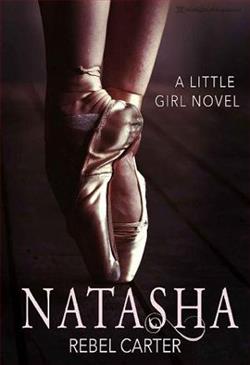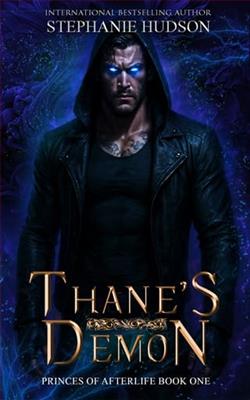Page 37 of The Silence Between
“Says the kid who designed a fully functioning scale model solar array for science fair,” I countered, grateful for his attempt at lightening the mood.
“Fair point.” He straightened up slightly. “I should catch the bus.”
“Yeah. I've got to get to work.” I squeezed his shoulder once more. “Diego? The hard stuff—the meetings, the tests, all of it—it's worth it. You're worth it.”
Diego gave me a half-smile that didn't quite reach his eyes, the strain of the parent-teacher conference still visible in the tension across his shoulders. We'd spent the last hour listening to his math teacher praise his abilities while his History teacher expressed “concerns about engagement.” The same story, different year.
“I know, Thanks for coming with me.”
The familiar ringtone interrupted us, Tasha's name lighting up my phone screen. My stomach dropped instantly—she never called with good news.
“You know what, go ahead and take the car home,” I told Diego, handing him the keys. “I need to handle this.”
He hesitated, concern flashing across his face. “Is it?—”
“Just go home,” I said, more sharply than intended. “Tell Mari I might be late.”
Once Diego drove away, I answered the call, moving toward the shade of a nearby tree. “Tasha. What happened?”
“It’s your Dad. They found him behind the old Quick Mart in The Hollows,” she said, her voice carrying the professional detachment she'd developed after years in social services. “Unconscious, needle still in his arm. Third time this year.”
I closed my eyes, pressing my fingers against the bridge of my nose. “Is he?—”
“Alive. Barely. They're working on him now.” She paused. “I'm only calling because I happened to be on shift when they brought him in. Thought you'd want to know, despite everything.”
The familiar conflict twisted in my chest—resentment battling obligation. “Thanks. I appreciate it.”
“You don't have to come, Leo. Nobody would blame you.”
But we both knew I would. No matter how many times he'd chosen drugs over his children, no matter how many promises he'd broken, some stubborn thread of responsibility still tied me to the man who'd contributed half my DNA.
“I'll be there in thirty minutes,” I said, already walking toward the bus stop.
* * *
Riverton Memorial Hospitalhadn't changed in the decade I'd been making these occasional pilgrimages. Same antiseptic smell barely masking human suffering. Same flickering fluorescent light in the east wing corridor. Same knot in my stomach that formed the moment I passed through the automatic doors.
I found him in a curtained emergency room bay, diminished and aged far beyond his fifty years. Addiction had hollowed him from the inside out, leaving his skin draped over bones like ill-fitting clothes. His eyes fluttered open as I approached the bed.
“Leo,” he croaked, recognition flickering across his gaunt face. “You came.”
“Yeah,” I replied, not knowing what else to say. What was the appropriate greeting for a father you saw maybe twice a year, always in hospital rooms or recovery centers, never by choice?
“Didn't think you would.”
“Neither did I,” I admitted, sitting in the molded plastic chair beside the bed. It was the truth. Every time I swore it would be the last, that I was done setting myself up for disappointment. Yet I always came, driven by some obligation I couldn't name—not to Miguel as father but to the memory of the man who had once carried me on his shoulders, who had taught me to ride a bike, who had existed before pills rewrote our family story.
“How long has it been?” he asked, eyes clearer than I'd expected. “Since I've seen you?”
“Four years ago. Ran into you at St. Mary's food pantry. You said you were doing better.”
He nodded vaguely, perhaps remembering, perhaps just pretending to. “I was. For a while.”
The familiar dance of addiction—brief periods of function punctuating the longer stretches of chaos, each “better” moment providing just enough hope to devastate you when the inevitable crash came.
“The kids?” he asked.
“They're fine,” I said, the automatic response that prevented further questions. “How did you end up behind Jiffy Mart?”















